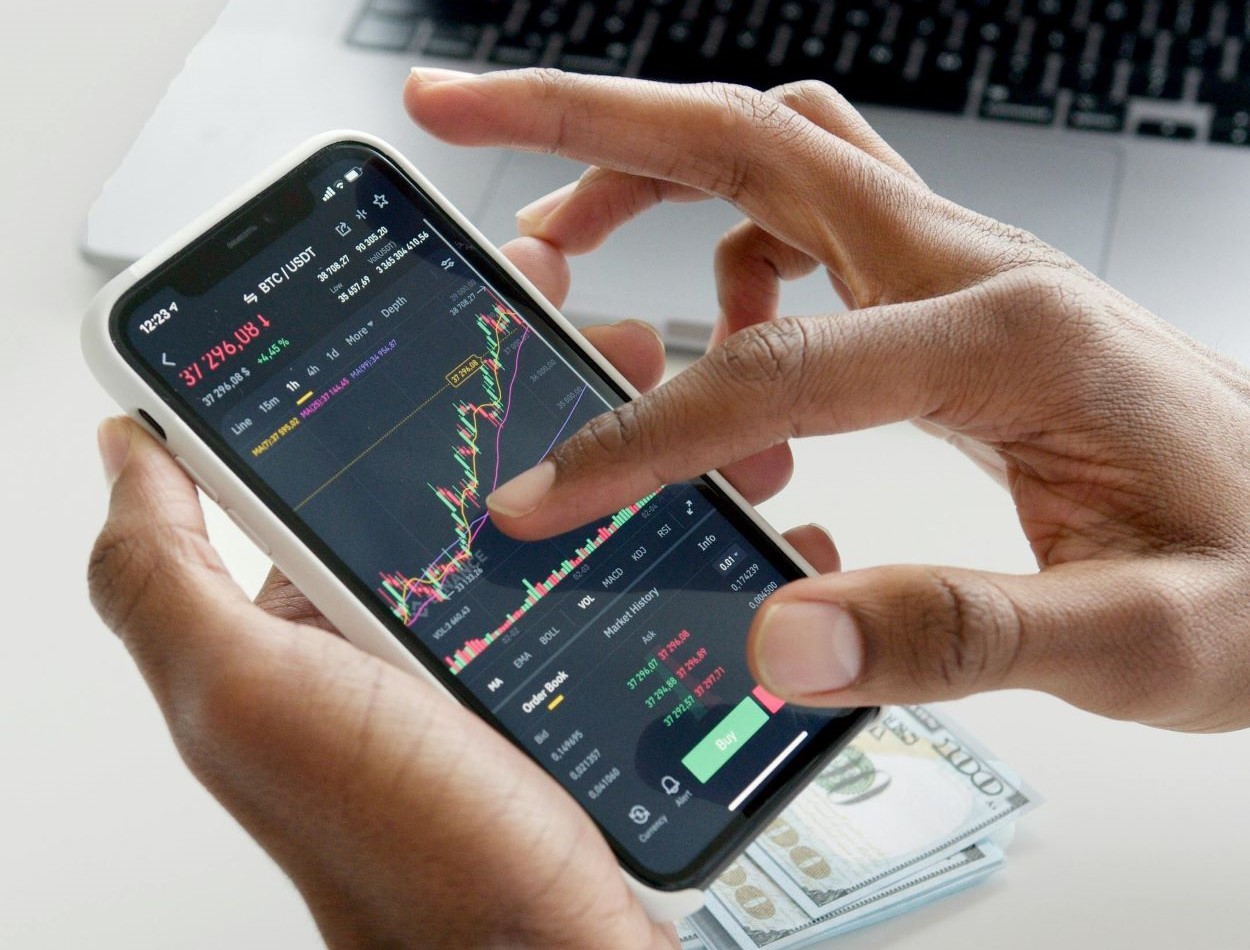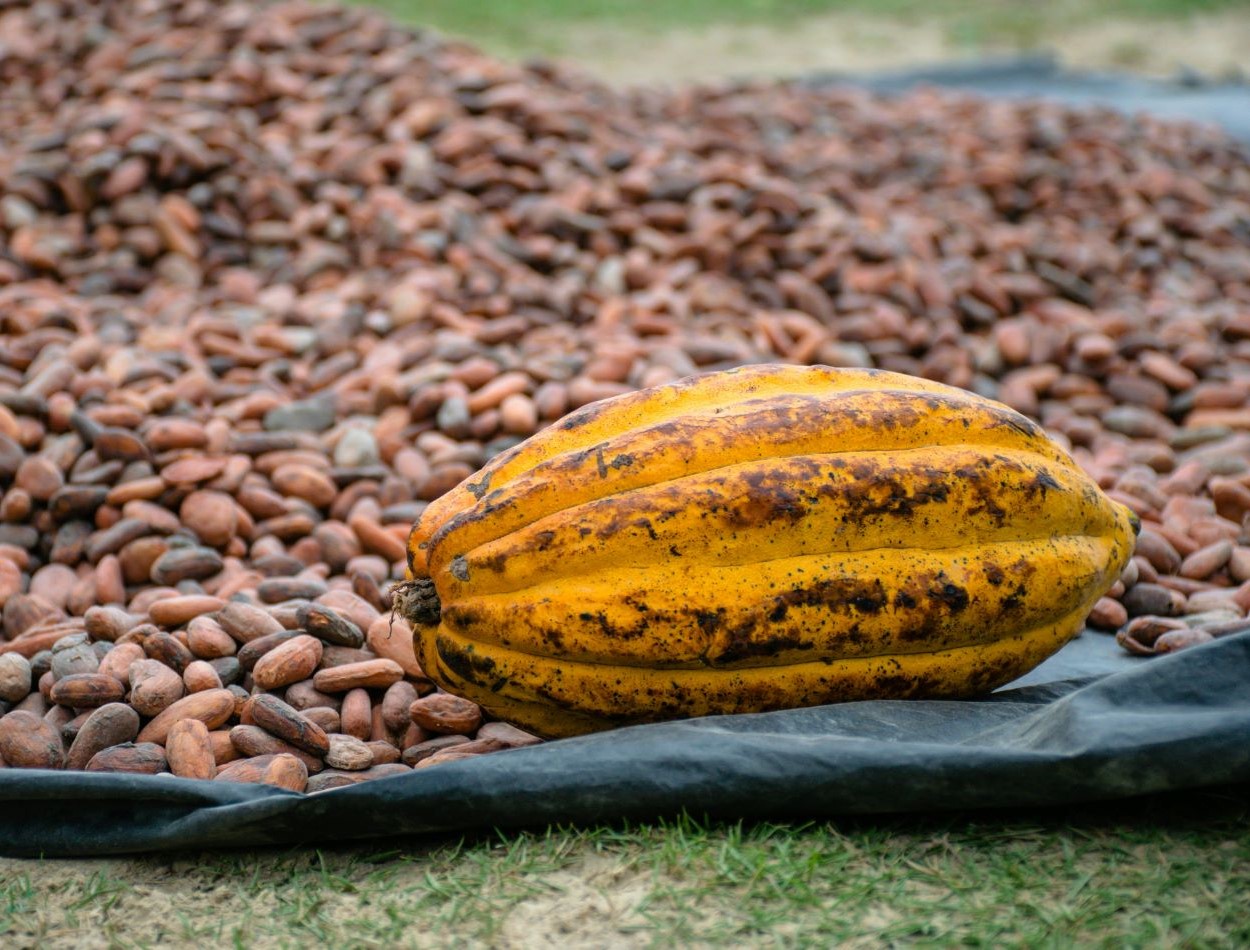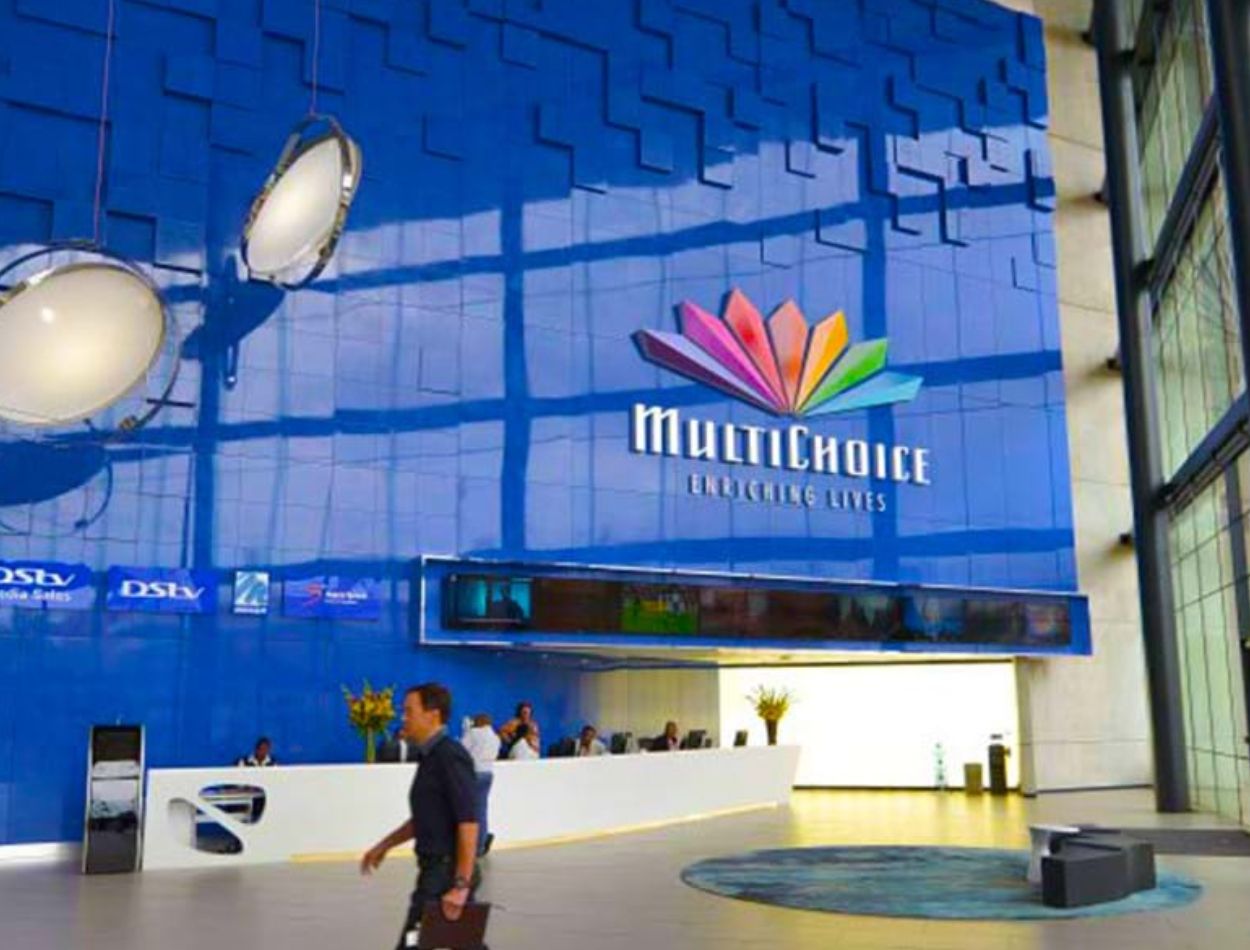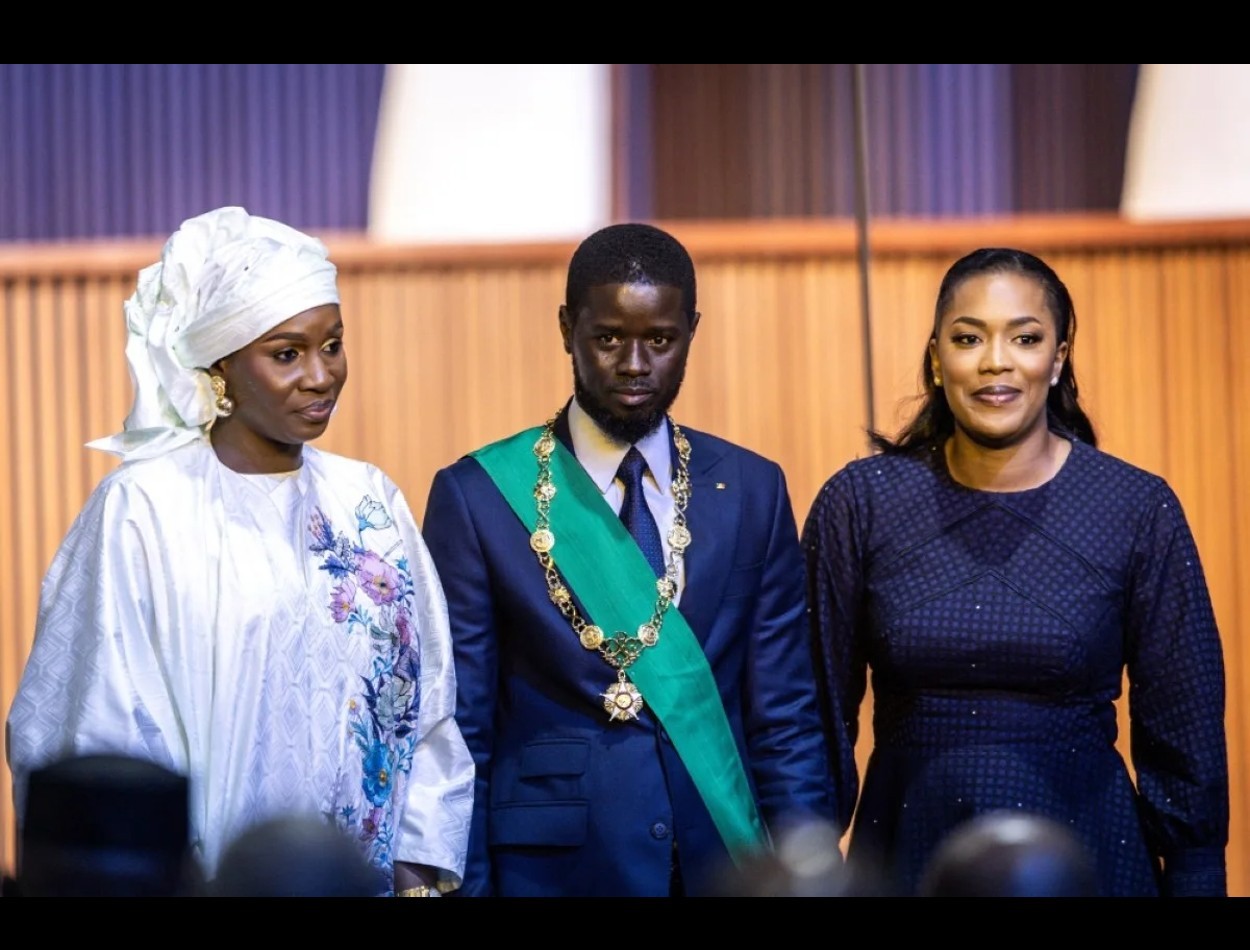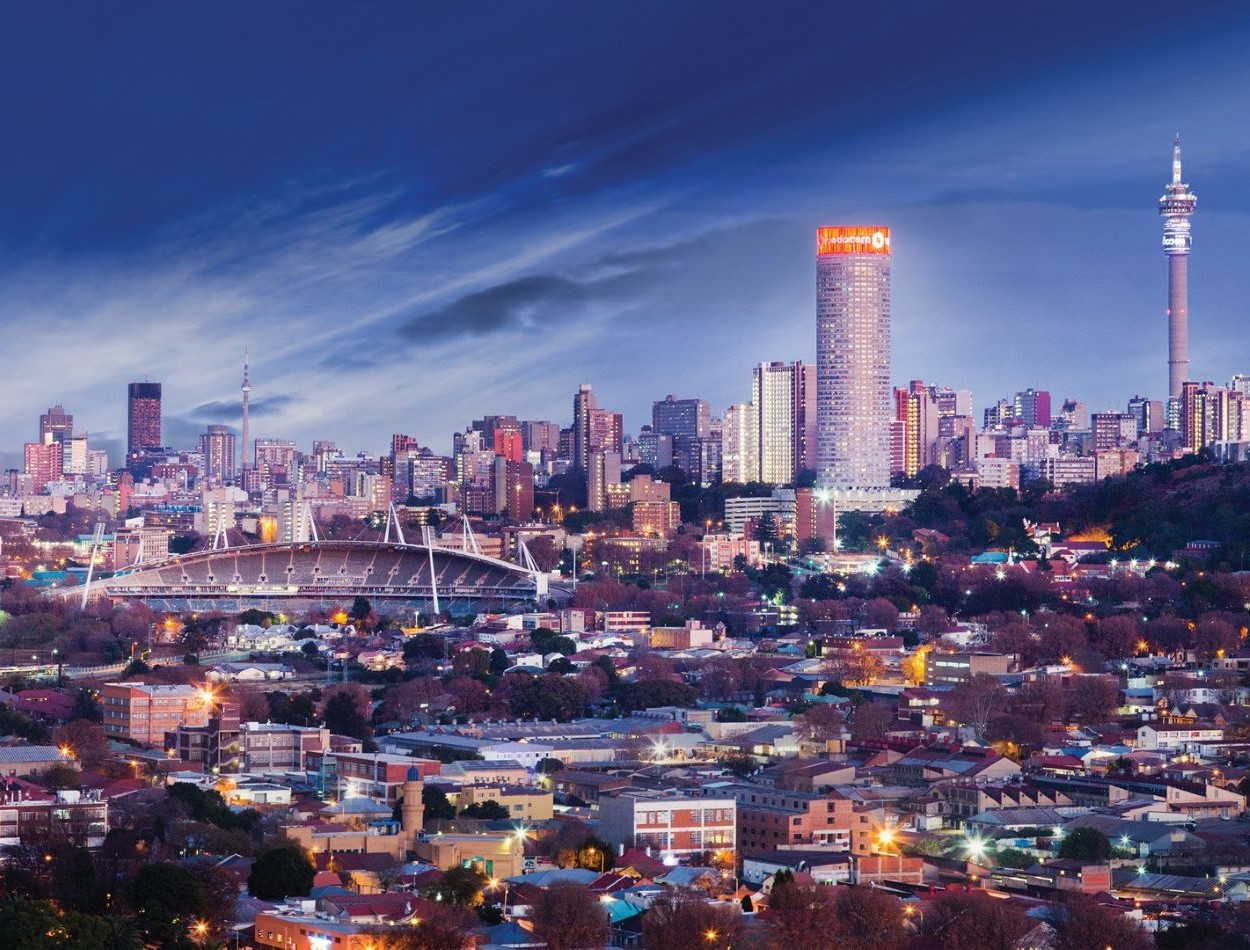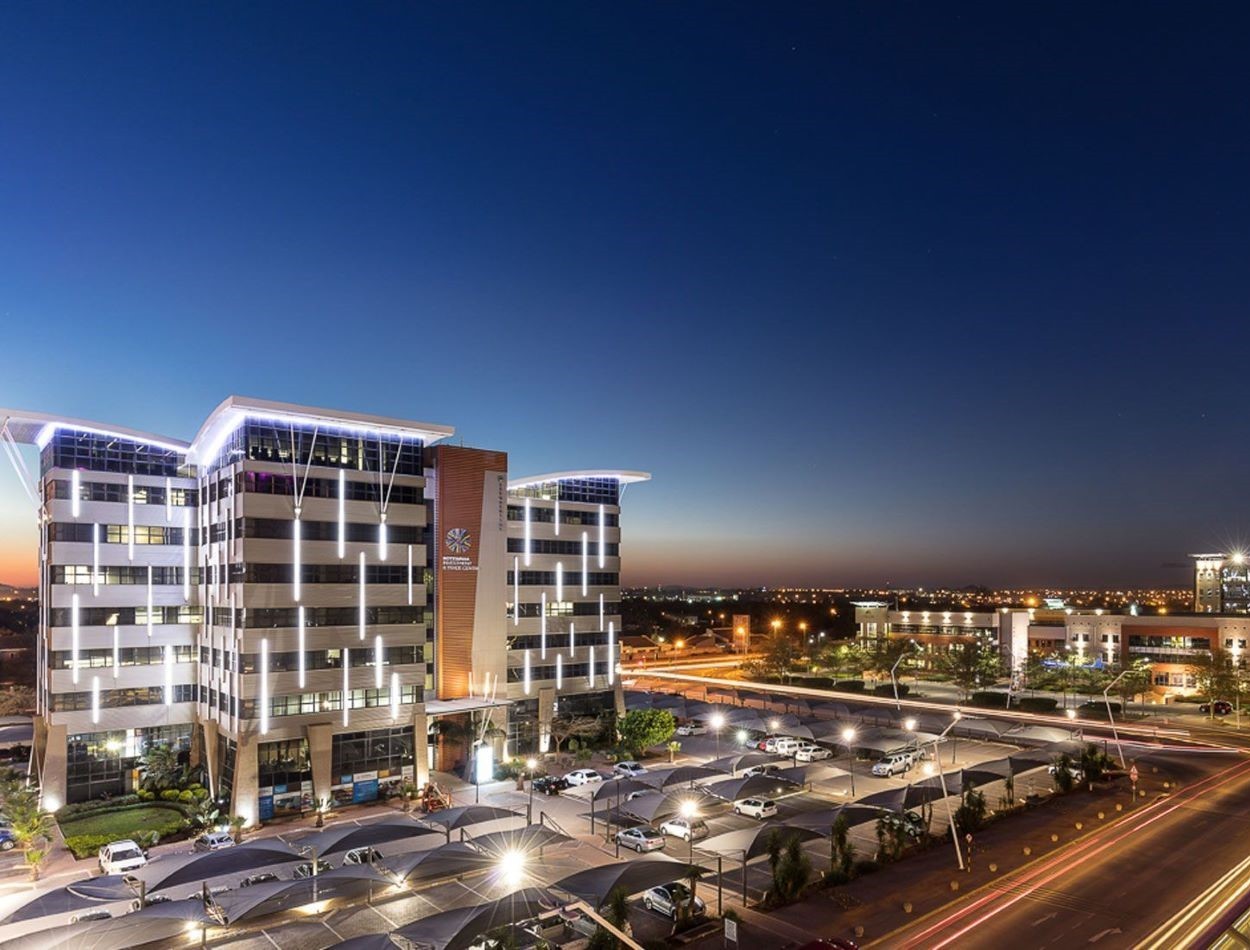South Africa’s main stock index has seen its biggest increase of the year demonstrating investor confidence in the country’s economic outlook and stocks.
According to Bloomberg, the FTSE/JSE Africa All Share Index surged 3.3% on Tuesday, June 18, becoming the highest among 92 global equity benchmarks tracked by the financial news company.
The market’s resurgence saw significant gains in sectors such as banking, insurance, and retail. Companies like Old Mutual, Clicks, FirstRand, and Truworths International were among the leading gainers.
Further, the rand gained by 0.8% to 18.1236 per dollar, wiping out its post-election losses.
Additionally, yields on benchmark 2035 government bonds dropped 21 basis points to 11.50%, the lowest closing level since February 6.
Ramaphosa re-elected president
The sudden shift follows the re-election of Cyril Ramaphosa as president after the African National Congress (ANC) formed a coalition government with the Democratic Alliance (DA) and other parties.
This coalition was met with enthusiasm from investors who were previously worried that the ANC would partner with populist rivals to stay in power after the party lost its parliamentary majority for the first time since 1994 during the May 29 election.
This concern saw foreign investors being net sellers of South African shares for 25 straight days through Friday, according to JSE data. Non-residents sold R42.6 billion($2.3 billion) of Johannesburg stocks during this period, bringing the year’s total outflows to R84.9 billion($4.7 billion)
The political uncertainty following the election further deepened these outflows, with the market benchmark falling almost 4% from a May 20 year-to-date high as a result.
Moreover, just a day after the elections, the rand fell more than 0.7% against the dollar, trading at 18.5900. On the JSE, the blue-chip Top-40 index closed down 1.7% compared to a 1.46% decline across wider emerging markets
“We have seen underperformance of South African assets, implying that election results so far may have come as negative surprise to market expectations,” Andrew Matheny stated at Goldman Sachs in London.
Market reaction and economic reforms
Fortunately, the formation of a government of national unity has turned things around, restoring investor confidence and setting the country up for economic growth and stability.
The coalition pledged to accelerate economic reforms, including addressing state debt and power shortages.
Wayne McCurrie, portfolio manager at First National Bank, highlighted the market’s reaction, stating on X, “At long last SA shares are flying … Political situation most welcomed by Market.”
Annabel Bishop, Investec’s chief economist echoed his sentiments, noting that the currency had strengthened due to the peaceful and successful establishment of the new coalition government.
The exclusion of parties calling for the nationalisation of mines and banks and supporting land expropriation further helped boost investor sentiment.
“This is the best-case scenario for South African politics, the DA’s active participation in a GNU, and South African stocks should rally further,” JPMorgan Securities David Aserkoff and Inga Galeni noted.
Ramaphosa’s new government is looking to prioritize structural reforms to address basic infrastructure and service delivery shortfalls and weak investments while gradually narrowing fiscal deficits.
S&P Global Ratings commented, “The election outcome is broadly favorable for the economic and fiscal outlook, compared with the alternatives.”
Although South Africa’s political stability and suggested reforms have driven investor confidence thereby strengthening the rand and government bonds, the government has to focus on successfully implementing said reforms to sustain economic growth, stability and investor confidence.

